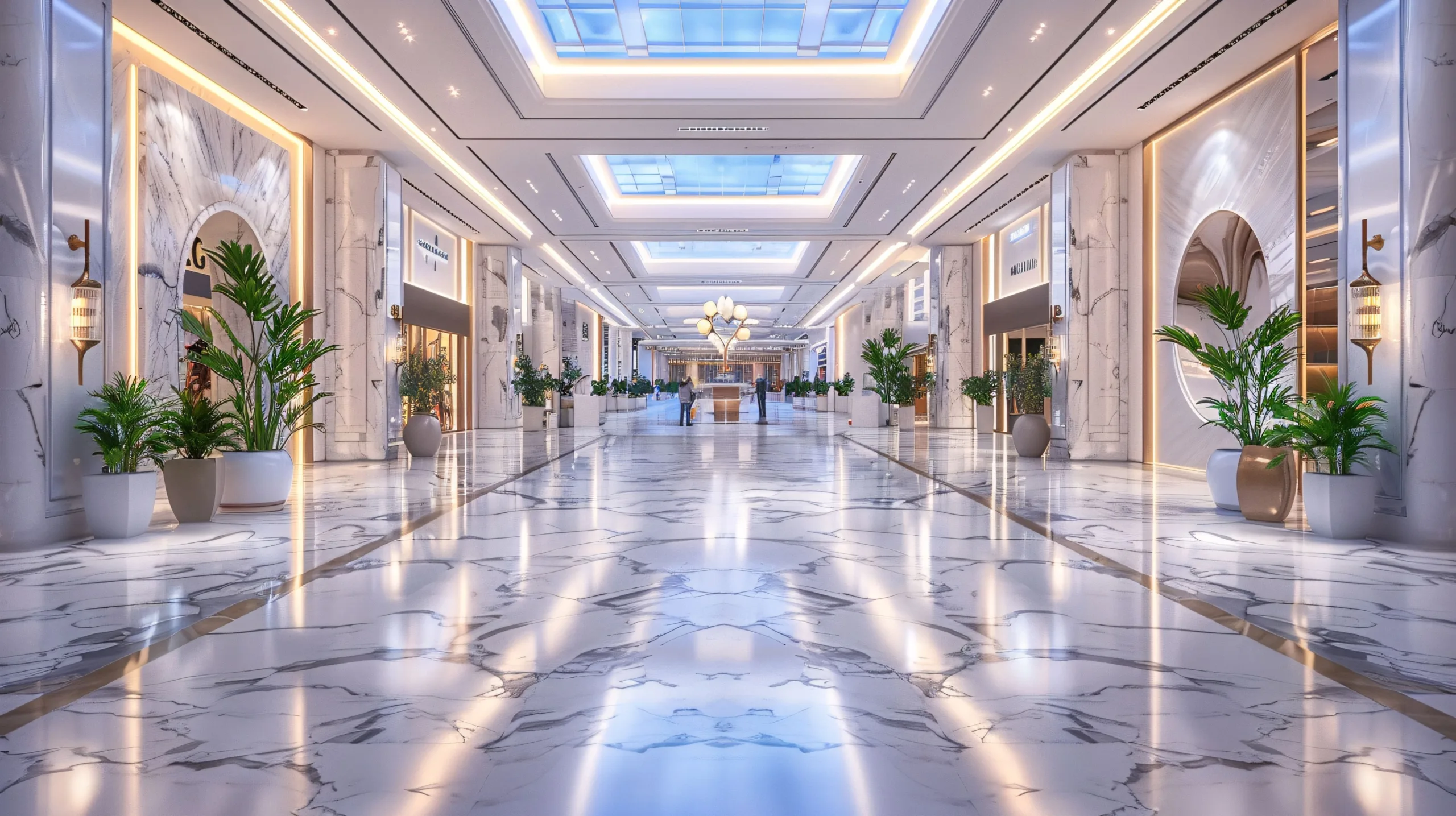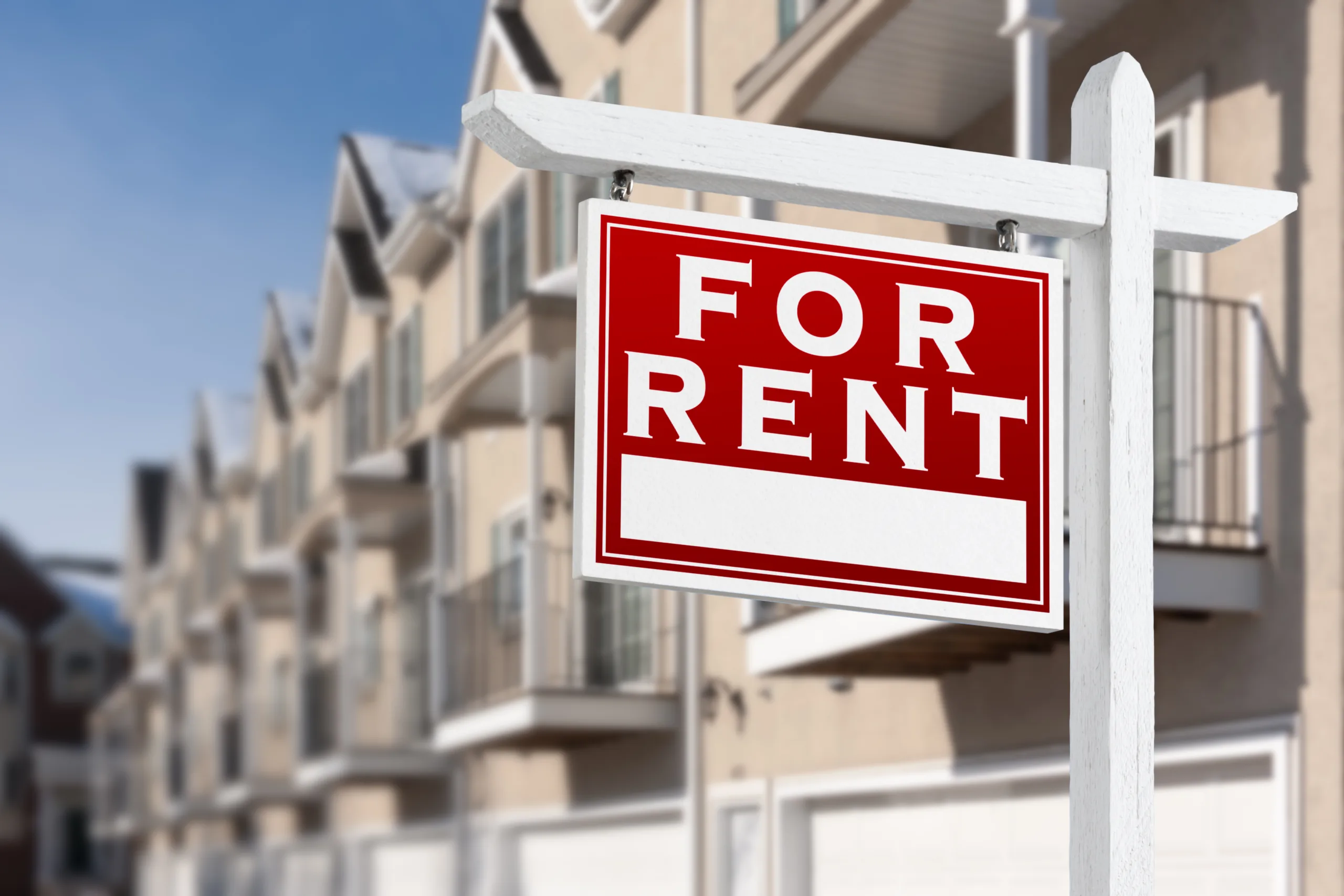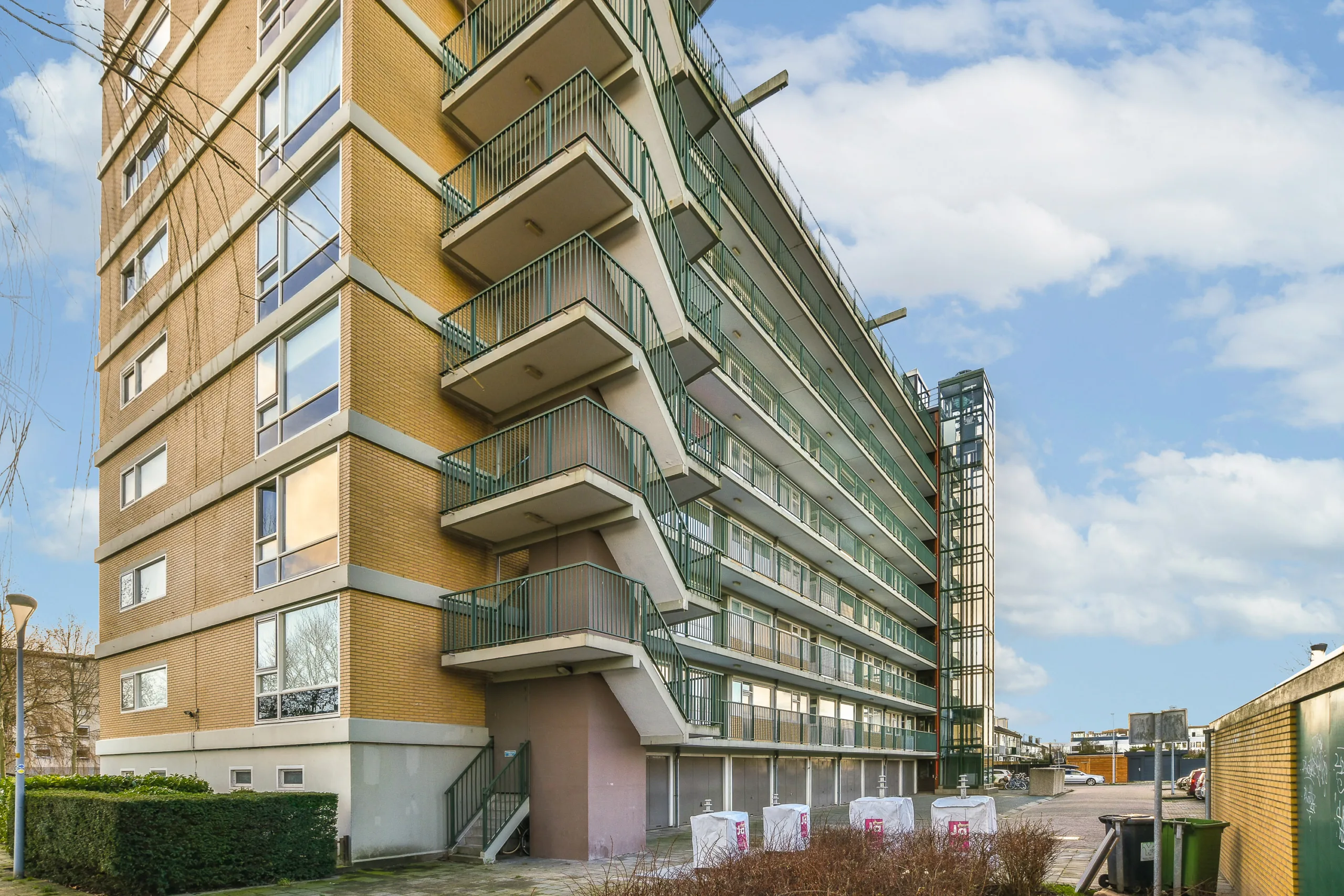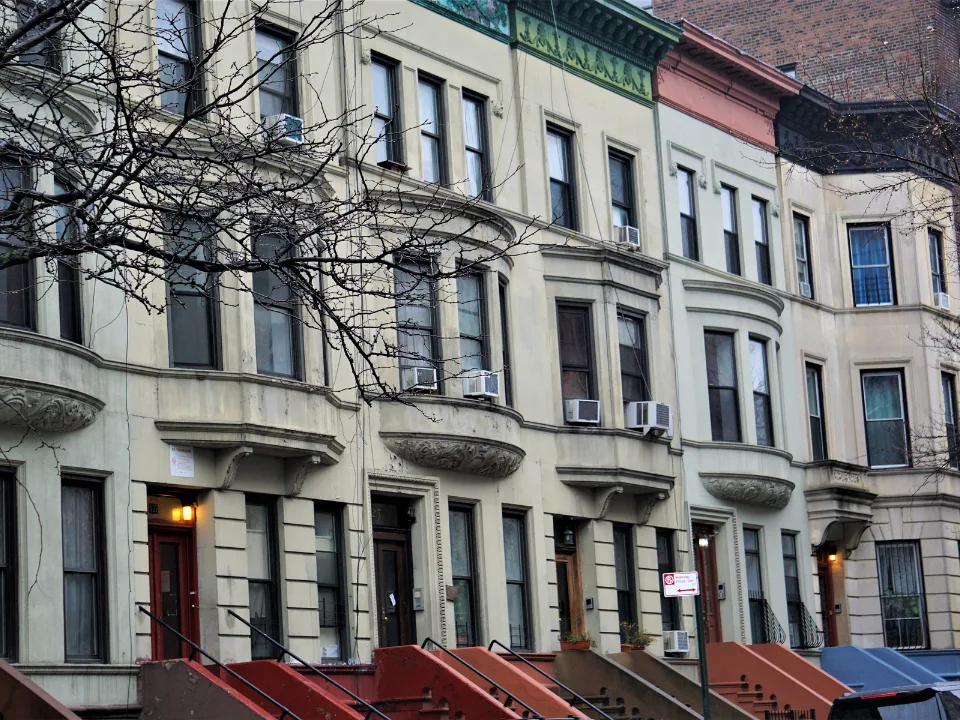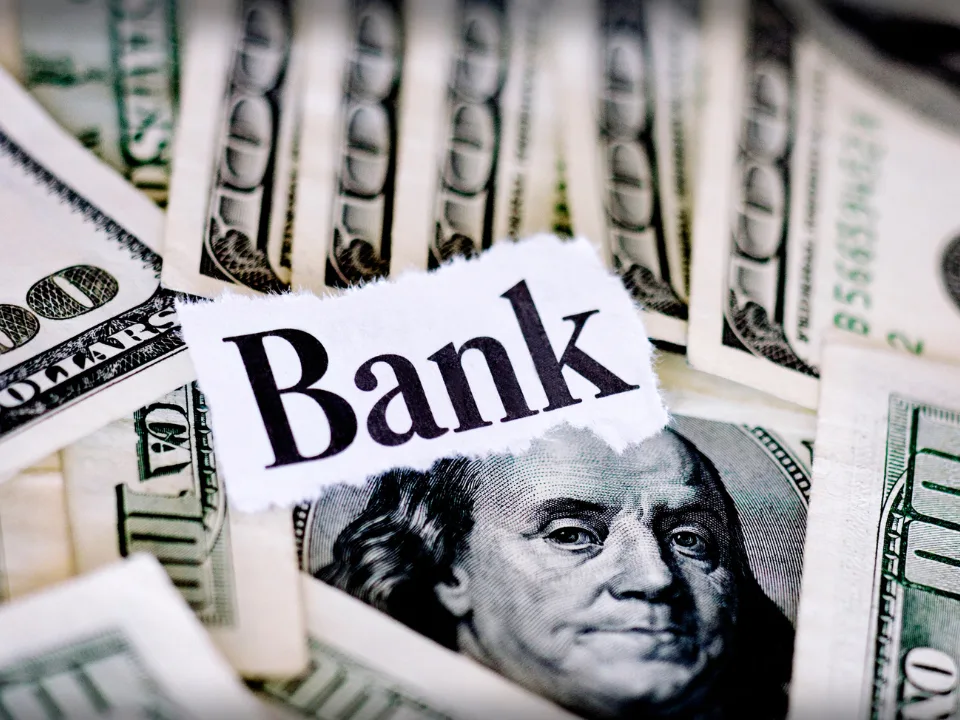- The iconic Waldorf Astoria is set to fully reopen after an eight-year, $6B overhaul that included a top-to-bottom renovation and condo conversion.
- Originally purchased in 2014 by Chinese insurance giant Anbang for $1.95B, the project became a cautionary tale after its chairman, Wu Xiaohui, was imprisoned and China’s government took over the asset.
- Despite the grand redesign and luxury branding, industry experts question whether the investment will ever be recouped, given market headwinds and the scale of the cost overruns.
A Global Power Play Turned Real Estate Saga
The Waldorf Astoria’s dramatic makeover began in 2014 with a bold $1.95B acquisition by Wu Xiaohui, then-chairman of China-based Anbang Insurance Group. At the time, the deal represented the highest price ever paid for a US hotel. It also symbolized a wave of aggressive overseas investments by Chinese firms looking to diversify, reports WSJ.
Wu’s grand vision? Convert the landmark into a luxury hybrid: fewer hotel rooms, hundreds of high-end condos, and exclusive amenities aimed at the global elite. But the plan soon spiraled beyond control.
When Ambition Meets Reality
The transformation was originally pitched as a three-year project. It took nearly eight. Along the way, Wu was arrested by Chinese authorities in 2017 for financial crimes, leading to Anbang’s takeover by the Chinese government. A state-run insurer, Dajia Insurance Group, was tasked with finishing the job.
By the time the final touches were added—including 5,400 new windows, custom elevator systems, and the restoration of 1930s-era art—the project’s cost had ballooned to about $6B. That includes the purchase price, $150M in union buyouts, and roughly $2B in construction alone.
Get Smarter about what matters in CRE
Stay ahead of trends in commercial real estate with CRE Daily – the free newsletter delivering everything you need to start your day in just 5-minutes
The Final Product: Ultra-Luxury, But At What Cost?
When it reopens in full next month, the Waldorf will feature:
- 375 hotel rooms managed by Hilton under a 100-year agreement
- 372 luxury condominiums, some priced up to $28M
- 20K SF of spa and residential amenities
- A fully restored lobby, ballroom, and other landmarked interiors
Nightly hotel rates start at $1,500, and the average condo sale so far is $3,272 PSF, in line with New York’s top-tier luxury market. Yet, just 30+ units have closed, with more reportedly in contract.
Why It Matters
The Waldorf’s saga is a symbol of both global ambition and real estate volatility. It reflects the now-dwindling wave of big-ticket Chinese outbound investment, curtailed by capital controls and political risk.
For Hilton, the hotel’s rebirth is more than just a comeback—it’s a strategic flagship for its Waldorf Astoria brand in an increasingly competitive luxury hospitality market. Whether the owners ever recoup their multibillion-dollar bet, however, remains an open question.
What’s Next
The Waldorf’s grand reopening event is set for early November, with full amenities online by then. Despite the high price tag and long delays, the hotel is expected to attract global attention and affluent buyers.
But as one early executive on the project put it: “It’s a spectacular renovation… I’m just not sure it makes a lot of financial sense.”




